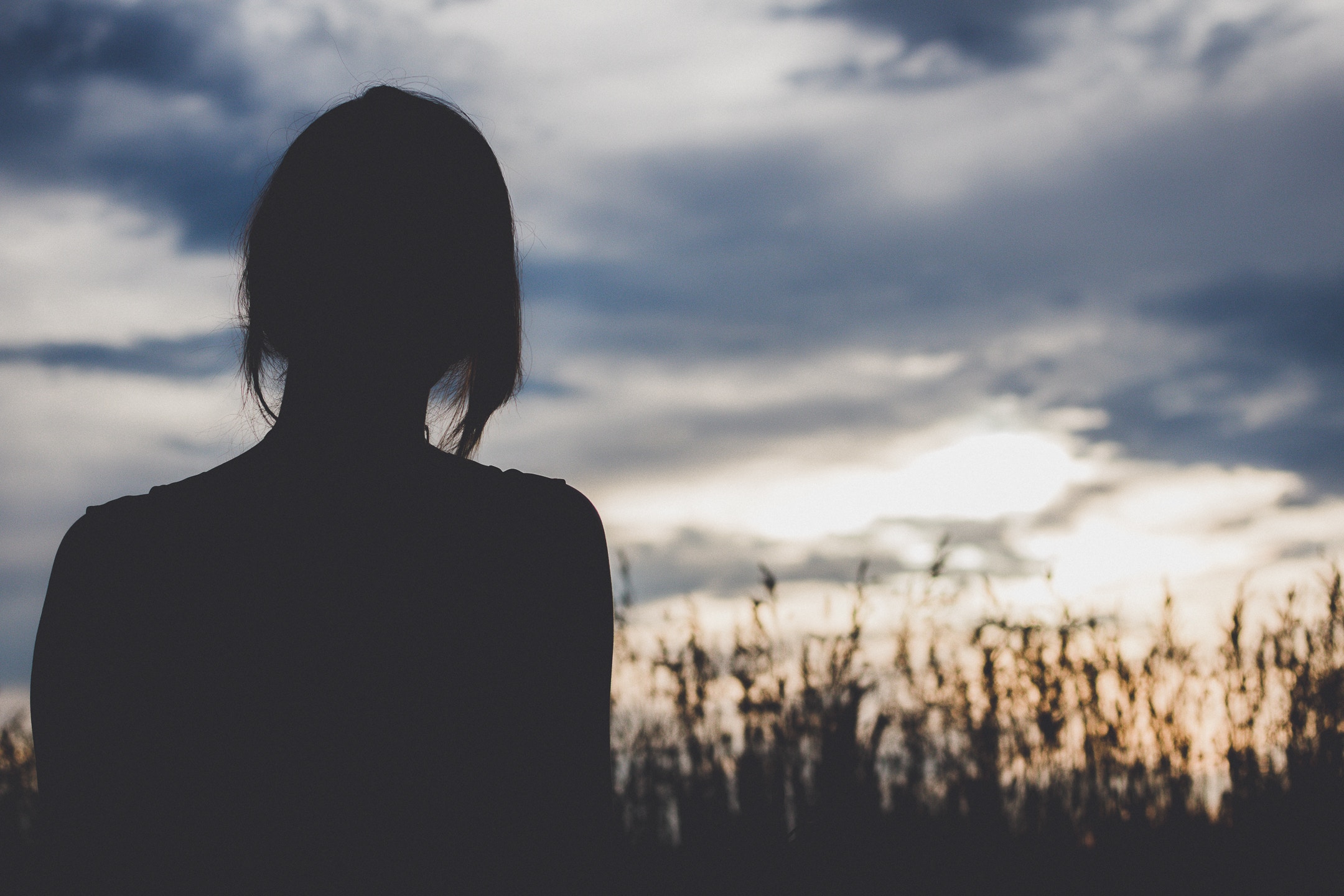My niece is a childhood cancer survivor. She is now a young adult at the lovely age of 23 years old. Jess was diagnosed with Acute Lymphocytic (also known as Lymphoblastic) Leukemia at the young age of 5 years old.
Jess endured approximately 2 years of treatment. When Jess was diagnosed they found cancer in her spinal column and brain. Most children when diagnosed early on have a high success rate for remission, Jess’s prognosis was a bit more grim because they did find the Leukemia had spread to her spine and brain. When she was diagnosed they gave her a prognosis of a 70% survival rate and this meant her treatments were going to be more aggressive.
Jess spent more time in the hospital the first few years than she did at home. She developed more than one critical infection due to her white blood count being so low. Jess was given chemotherapy for some time, along with radiation therapy to the spine and brain. She had surgical procedures to place and replace catheters for long term medications and her chemotherapy. To be frank, little Jess went through hell.
Every child who develops childhood cancer will carry their experience with them for life. They are too young to understand why they are so ill and going through treatments that make them extremely sick. They are too young to understand why people are hurting them. They are too young to understand the implications let alone anticipate how their treatments will affect them later in life. Healthcare Professionals can’t even predict all the effects treatments will have on childhood cancer patients.
The treatment of cancer may cause health problems for childhood cancer survivors months or years after successful treatment has ended. Cancer treatments may harm the body’s organs, tissues, or bones and cause health problems later in life. These health problems are called late effects.
Treatments that may cause late effects include the following:
Doctors are studying the late effects caused by cancer treatment. They are working to improve cancer treatments and stop or lessen late effects. While most late effects are not life-threatening, they may cause serious problems that affect health and quality of life.
My niece Jess, developed early onset osteopenia (Osteoporosis) which is bone failure due to varying issues. It’s not uncommon for Acute Lymphocytic Leukemia to rob the bone of vital minerals and nutrients but many drugs and/or radiation therapy to the brain can also cause early onset osteopenia. Jess also had growth failure and received Growth hormone therapy in the form of injections for quite some time. She managed to reach 4’10” and is one spunky, creative young woman.

Jessie wrote a blog on Facebook since this is Childhood Cancer Awareness month. Some of Jess’s thoughts:
Take me for example, as a rare side effect of my cancer I developed Osteopenia at the age of 5, and have had a history of compression fractures in my spine since then. Often times when I tell doctors this they stare at me in awe, and tell me that being so young they aren’t sure how to treat me since my medical issues are typically something you develop in your senior years of living.
I personally know a few people in the childhood cancer community that have survivors guilt. They wonder why they made it over someone else, feeling like they were lesser of a person than the other, and they shouldn’t have made it. The thought of life and death is such a heavy subject for someone who has gone through or going through childhood cancer.
Through it all most childhood cancer survivors would tell you, yes, the effects of cancer negatively effect their lives daily, but they wouldn’t take back what they have been through. See it makes us stronger, from a very young age we develop a greater value of life. I love who I am today, scars and all, and I don’t know how I would of gotten here without going through childhood cancer.


